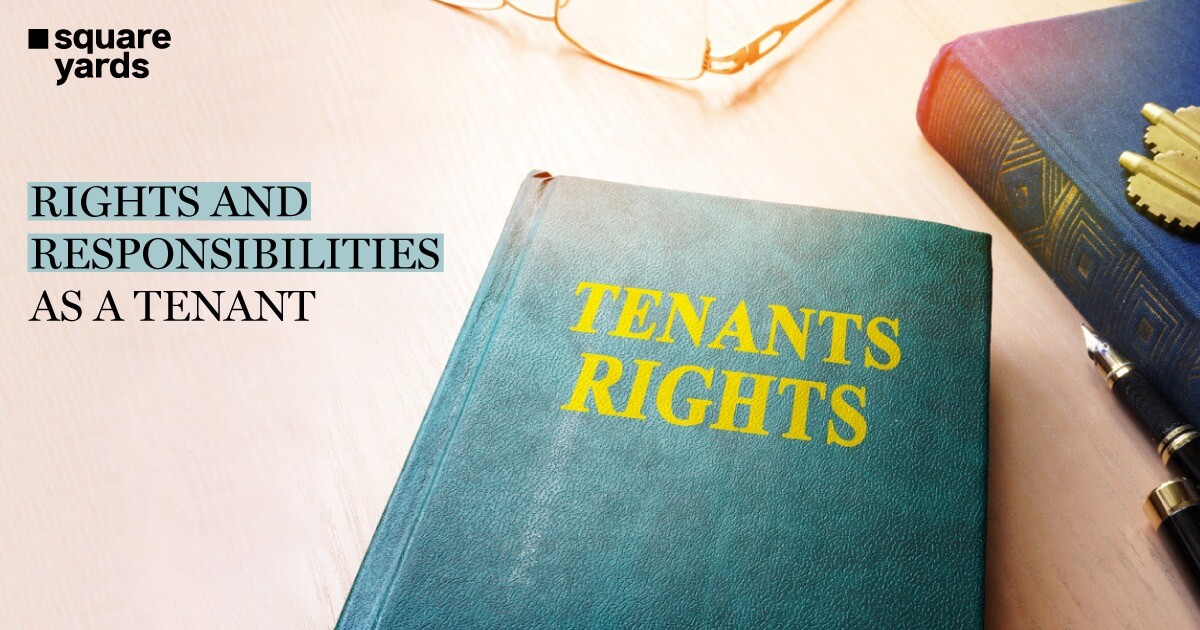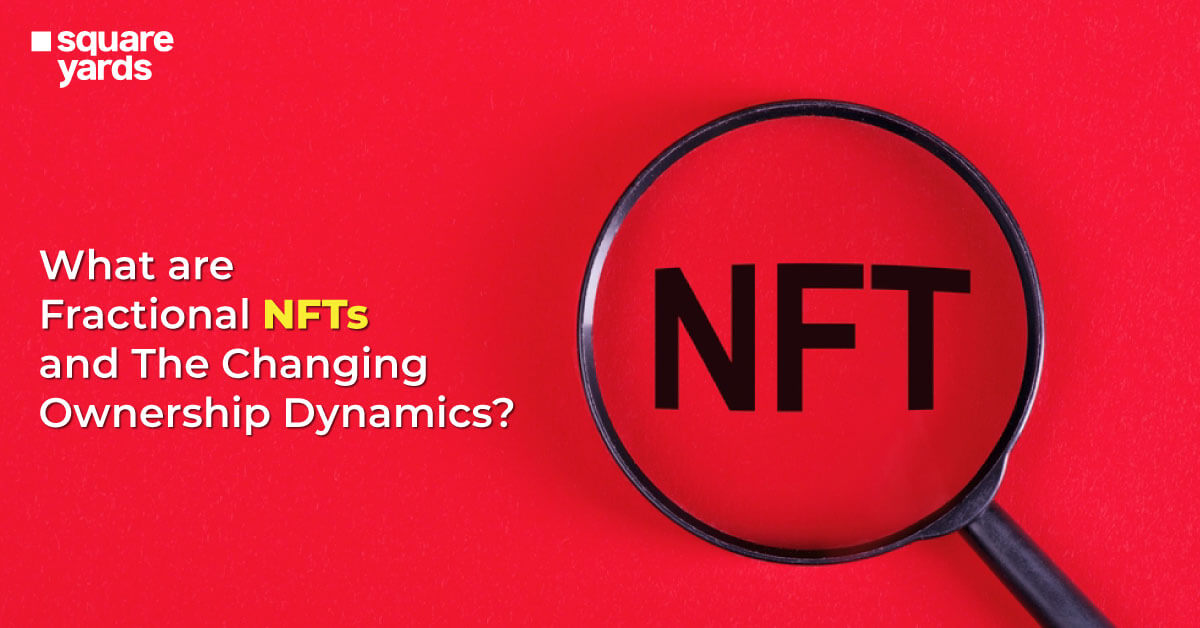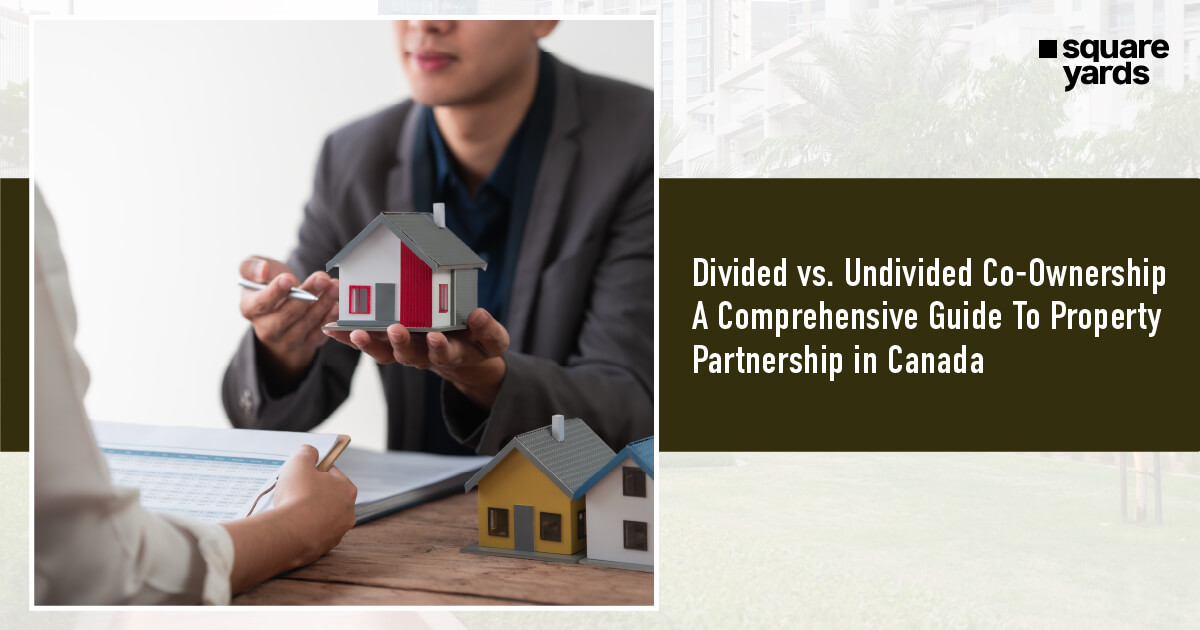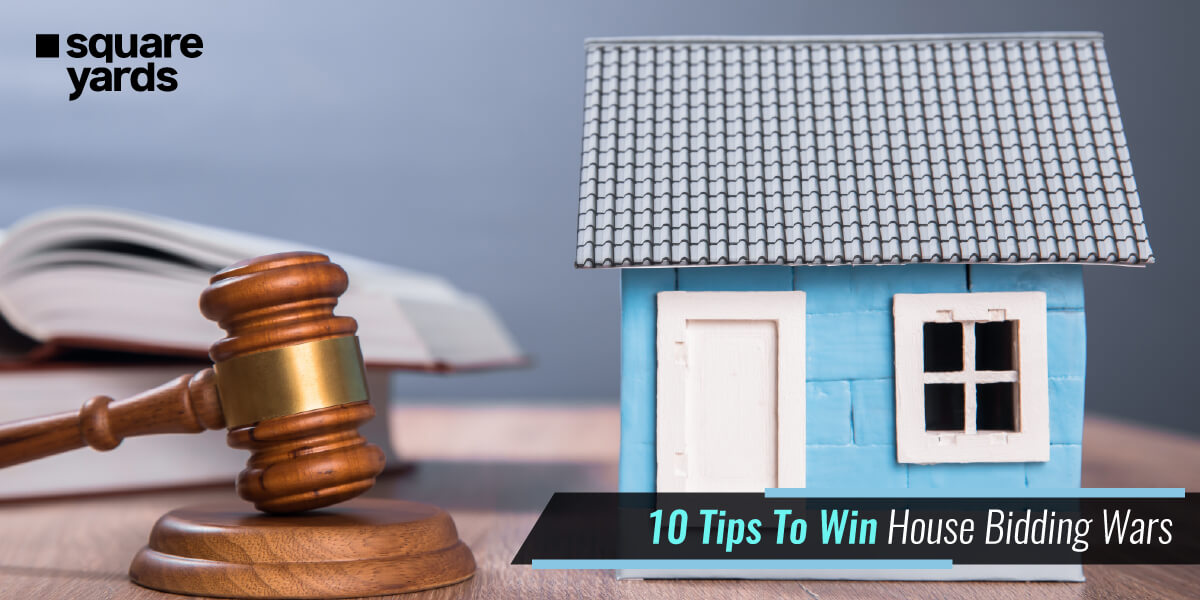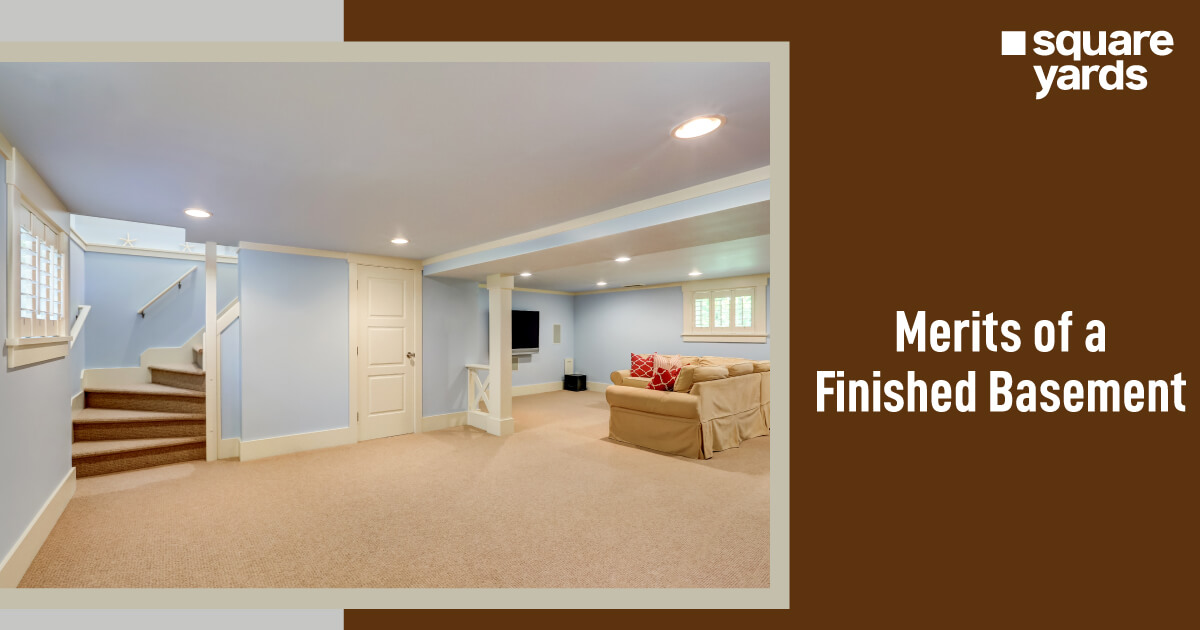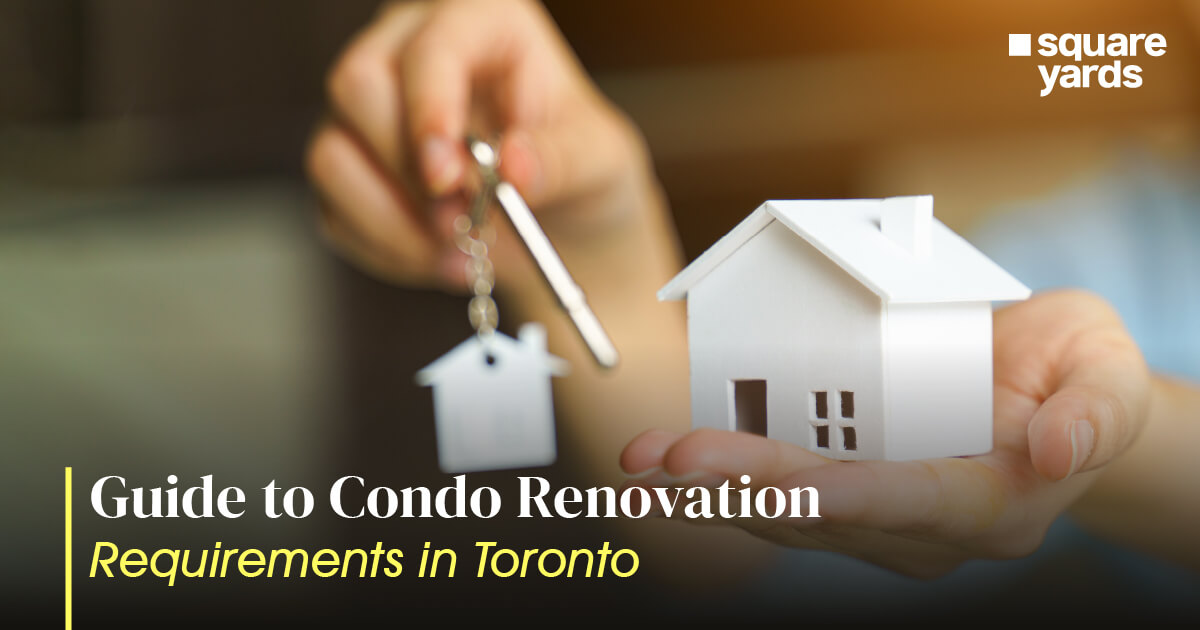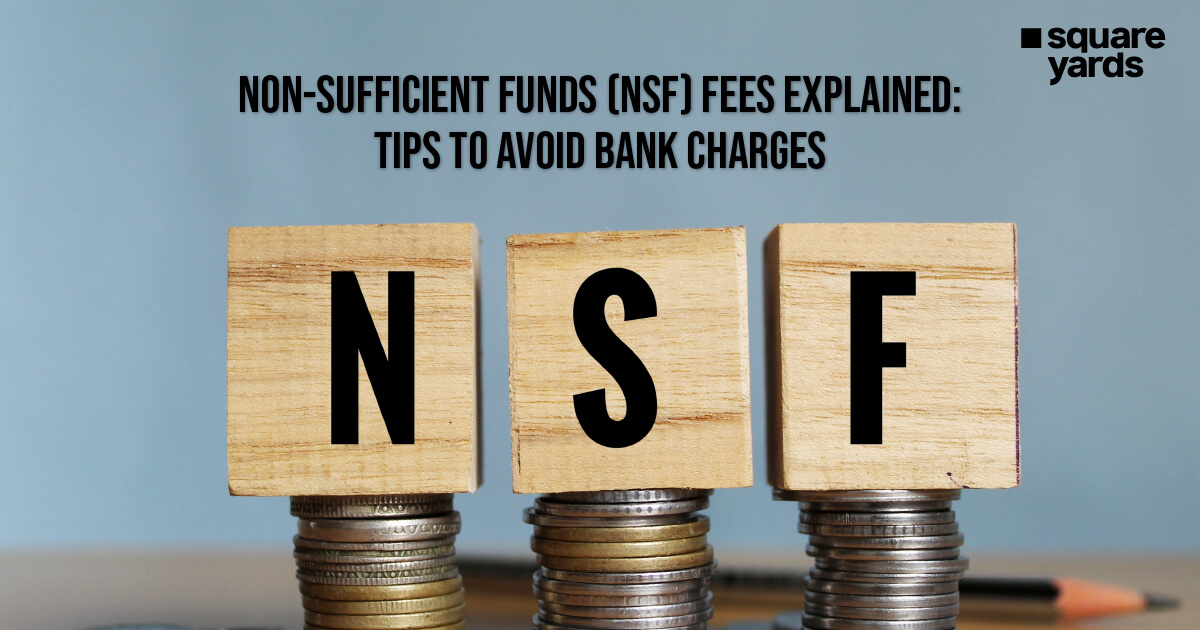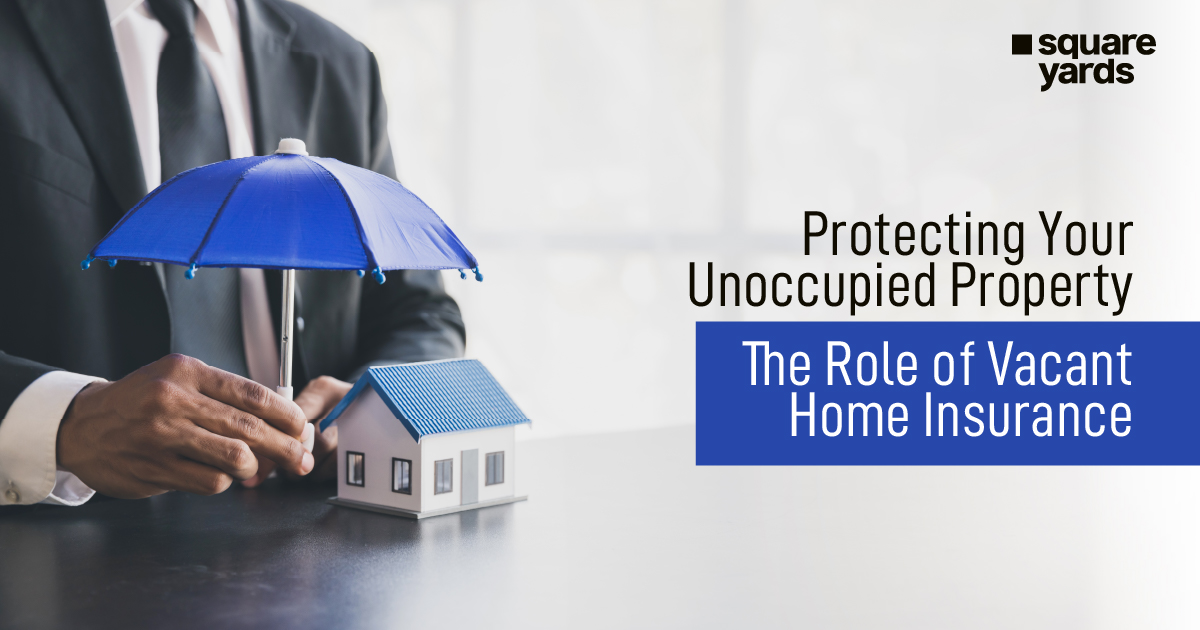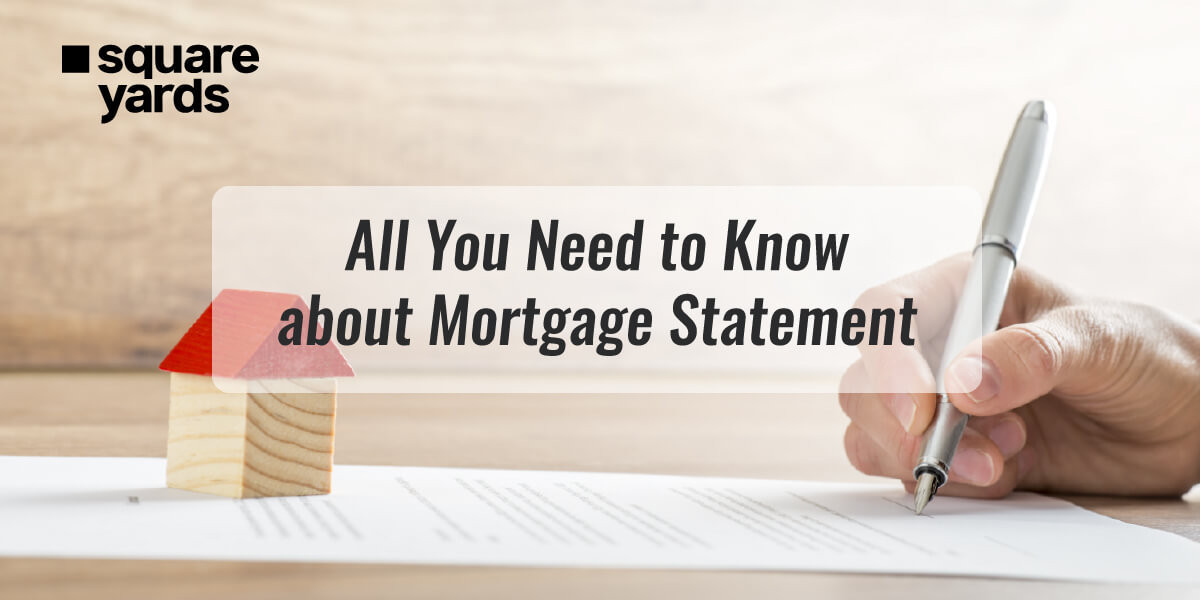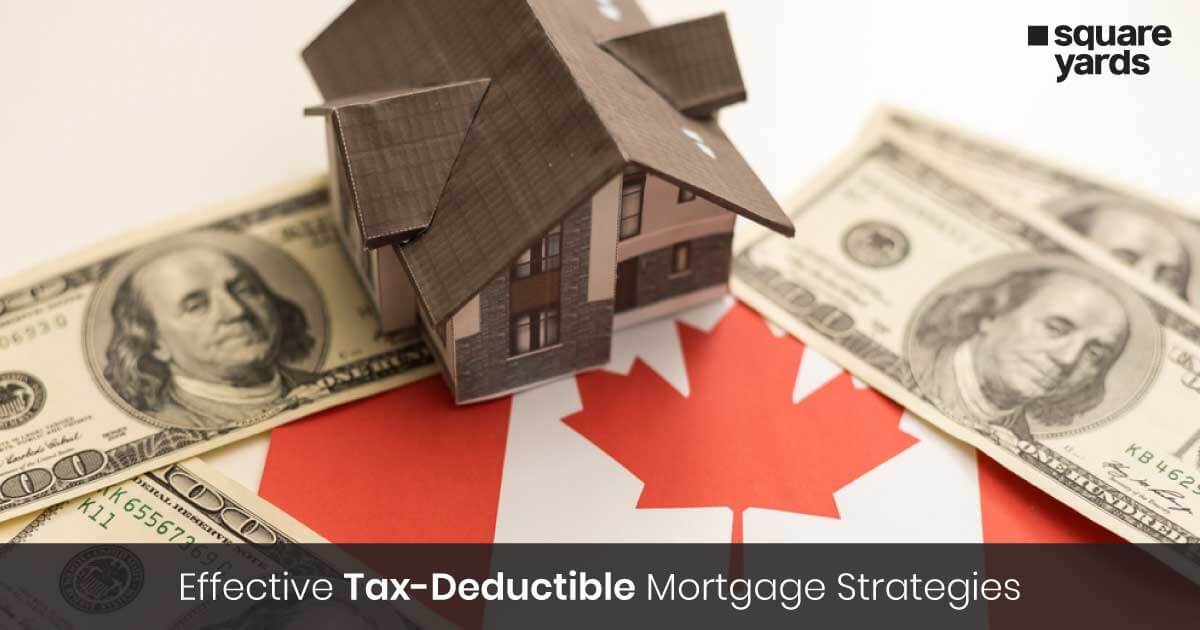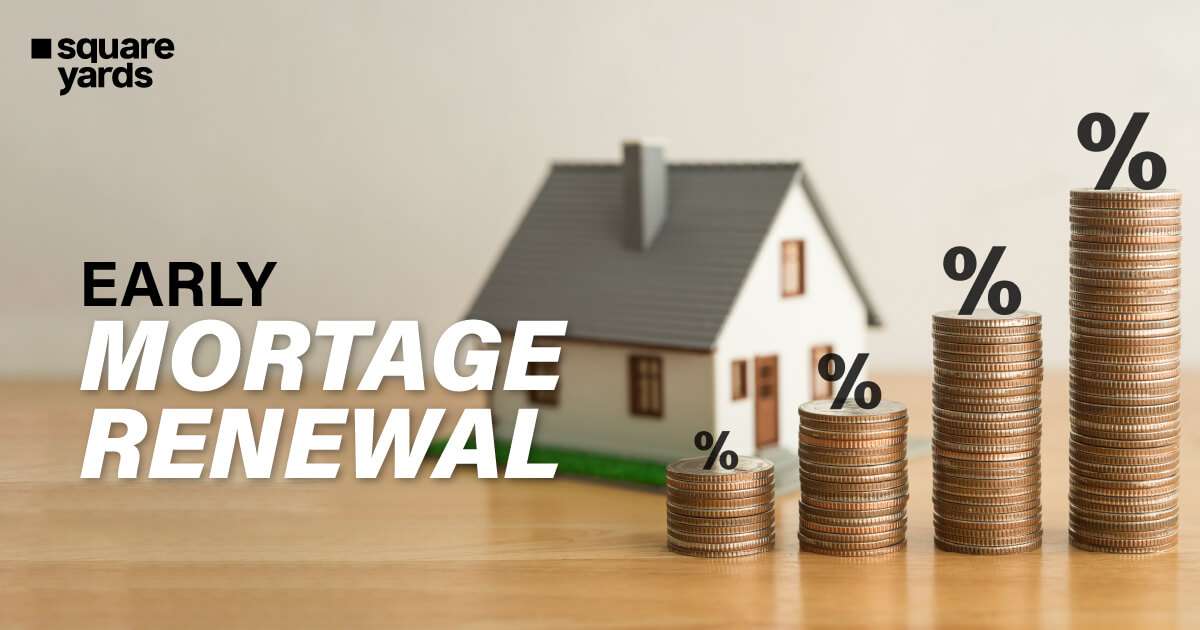As a tenant, it is essential to understand tenants rights and responsibilities when it comes to renting a home. Knowing rental rights, such as what your landlord is allowed to do and what you are expected to do, can help ensure that the rental process runs smoothly without any issues. In this blog post, we will discuss landlord and tenant act and the rights and responsibilities that you should be aware of to protect yourself as a tenant. We will cover renting, inspections, maintenance, and more so that you can feel comfortable and confident in your rental agreement.
Getting a Rental
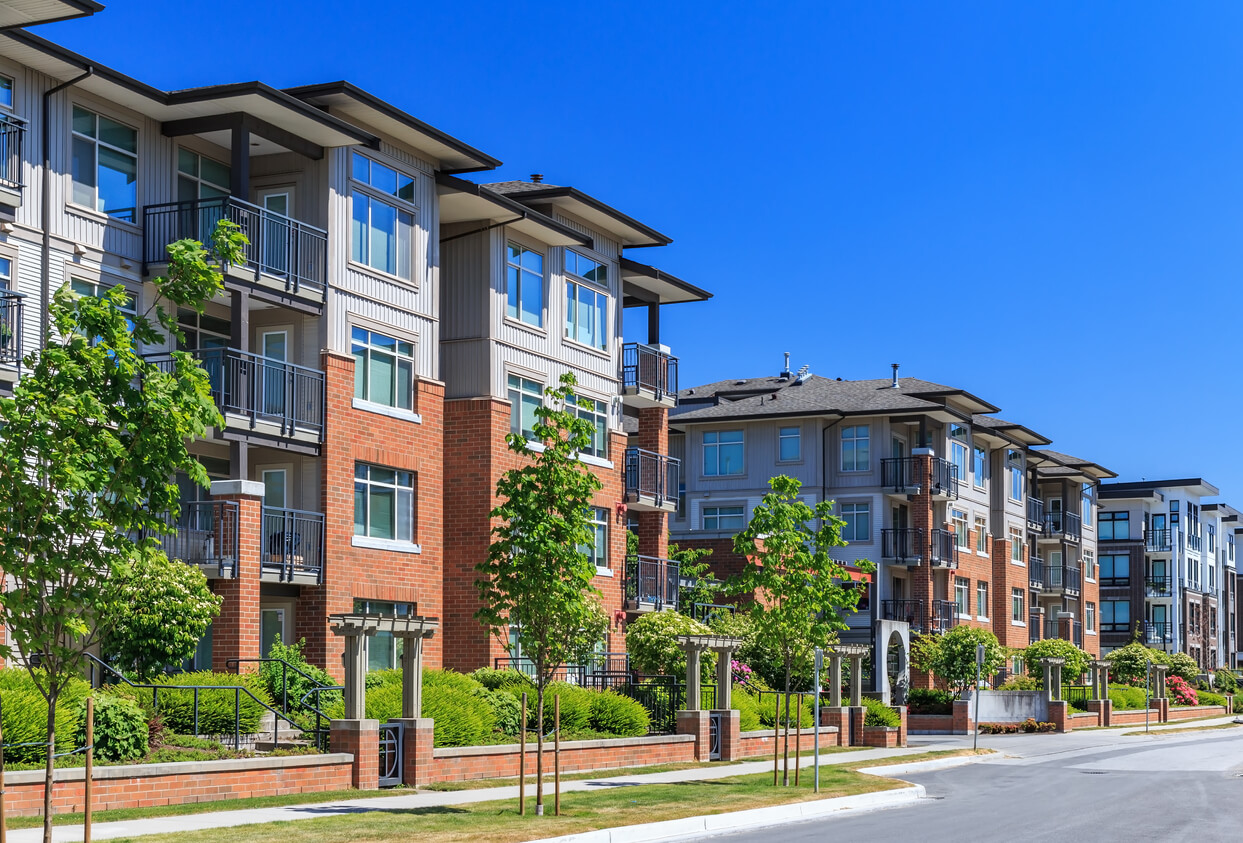
Tenants have a right to a habitable living environment as per the landlord and tenant act. Landlords are responsible for keeping the rental property in a safe condition, which includes ensuring the electrical, plumbing, heating, ventilation, and air conditioning systems are in working order. Additionally, tenants have the right to privacy and can expect the landlord to respect that right by entering the premises only with advance notice and permission.
Tenants are also responsible for following the terms of the rental agreement, such as paying rent on time and notifying the landlord of any damages. It is also essential to be mindful of your neighbours and follow any rules set by the landlord that pertain to noise levels, smoking, and other activities that could be disruptive. Finally, tenants are responsible for keeping their units clean and maintaining the yard, if applicable.
Performing Inspections

The first step to understanding tenants rights and responsibilities is to check your lease agreement under the landlord and tenant act. Your lease should outline the inspection process, including how often it will take place, who will conduct it, and any other pertinent details. in some cases, tenants may receive advanced notice of an inspection, but this is not always required. It’s best to be prepared for a potential inspection at any time by ensuring that the property is kept neat and clean, all items in the home are in good working order, and any necessary repairs have been made. Additionally, tenants should be aware of their right to privacy during inspections and be present during the inspection if they wish.
Inspections are also done when you are finally moving out of the place to make sure there is no damage left behind and that everything is turned off properly. Again, it’s essential to be on top of things to avoid getting charged for anything left behind.
Implementing Renovations and Repairs
Your landlord is responsible for keeping the property safe and habitable, but you also have some obligations to maintain the property. Tenants rights also state that your landlord cannot make any changes or renovations without your permission. If they want to make any changes, they need to provide written notice at least 30 days before the start of the renovation as per the landlord and tenant act. You should also be aware that you cannot make any changes or renovations without your landlord’s permission. your landlord is responsible for all necessary maintenance and emergency repairs. If an issue arises, you must notify your landlord immediately so that they can address it. Sometimes, your landlord may require you to pay for repairs due to negligence or misuse.
As a tenant, you are responsible for taking care of the property and following your lease terms. It includes keeping the property clean and tidy, notifying your landlord about any maintenance issues, and paying rent on time. You should also not damage the property in any way and must comply with all local tenant laws and ordinances.
Issues of Complaints and Evictions

When it comes to complaints, tenants are protected from retaliation from their landlords for making valid complaints about living conditions or safety issues. Tenants should also know that landlords must provide basic amenities, such as hot and cold running water, electricity, heat, and air conditioning. Landlords must also take steps to address any habitability issues reported by tenants. when it comes to evictions, landlords must have a legally valid reason in order to evict a tenant. Some of these reasons include not paying rent, violating the lease agreement, or engaging in criminal activity on the property. The landlord and tenant act also states that landlords must also give the tenant notice before they can legally begin the eviction process, as per the tenants rights.
Whether to Renew or Terminate the Lease?
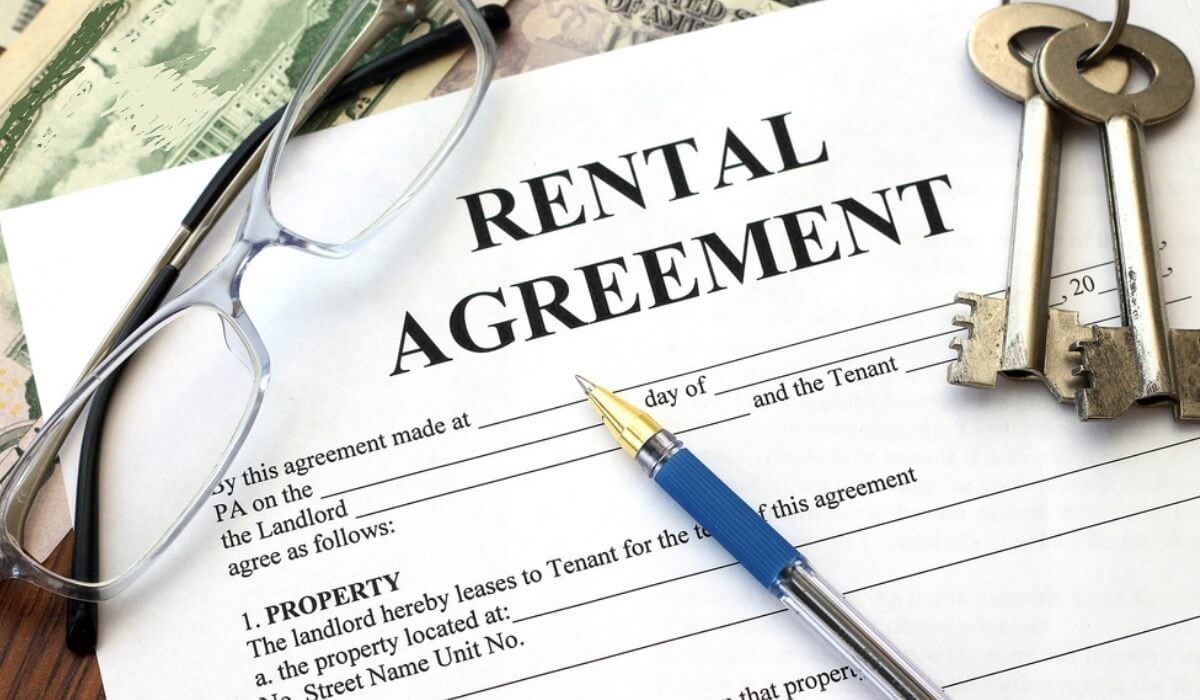
Renewal of a lease is common when the current one is expiring, and both the landlord and tenant want to continue the agreement. In some cases, the landlord may want to raise the rent or change some of the other lease terms, such as increasing the security deposit or adding additional fees. It’s important to carefully read any changes before signing the renewed lease.
Terminating a lease is also a common practice; however, it can be more complicated than renewing one. Generally speaking, you can terminate a lease early by giving written notice to your landlord. Depending on your state’s landlord and tenant act, the notice period can range from 30 days to 60 days. Additionally, you may have to pay a fee in order to break the lease. If your state does not require this, check your lease for any language about termination fees.
Exiting the House
When it comes to moving out of your rental property, it’s essential to provide your landlord with written notice before you vacate the property. The length of this notice may depend on the terms of your lease and the state tenant law, so make sure you are aware of the required time frame. Generally, you’ll need to give your landlord at least 30 days’ notice before vacating the property. once you have given proper notice, checking your rental agreement for any cleaning or repair requirements you must adhere to before leaving is essential. Make sure that you have fulfilled all obligations to the landlord with regard to these repairs and cleaning.
When vacating the property, don’t forget to return any keys, garage door openers, or other items that were provided to you by the landlord. Additionally, ensure that all your belongings are out of the rental property and that you haven’t left any furniture or appliances behind. lastly, you must receive your security deposit back once you’ve vacated the property. As soon as the landlord inspects the property, they should return your security deposit minus any damages or unpaid rent charges. If the landlord does not return your deposit within the time outlined in your lease agreement, you may have grounds to pursue legal action.
Final Words
There are rental rights in place to protect tenants from unfair treatment, and it’s essential to know how to take action if those laws are not being upheld. Educating yourself on the relevant tenant law and regulations will ensure you have a positive experience renting a property. no matter where you live, tenants have fundamental rental rights, such as the right to live in a safe and liveable space, the right to fair treatment by the landlord, and the right to receive proper notice before any changes are made. Additionally, tenants have specific responsibilities, such as paying rent on time, following building rules, and keeping the rental unit clean and in good condition.
You May Also Read :
| Guide For Landlord Renting Homes | Renting Homes |
| Manage Your Summer Rental | Summer Rental |
| Guide To Hot Weather in Canada | Hot Weather in Canada |
| All About Housing Maintenance Request | Housing Maintenance Request |
| Canadian Landlord Tenant Rights | Landlord Tenant Rights |
Frequently Asked Question (FAQs)
The laws concerning this vary depending on your country or state. Generally speaking, landlords can not increase more than 10% or 20% of the rent.
If you are unable to pay rent, the first thing you can do is communicate with your landlord and reason with them to come up with an agreement. You can also offer to make a partial payment. If you can still not pay the rent after a couple of months, you can be asked to leave by the landlord and be given legal notice to vacate the place.
As long as the landlord offers you a lease that states the number of renovations that will be included in your rent, he has every right to do so. If not, then you can contest it in court.
If the landlord tries to buy you out instead of going through the eviction process, they can give you compensation in return for vacating the property.
Suppose your landlord fails to provide essential services such as heat, plumbing, hot water, electricity, or elevator services. In that case, you may be able to file a complaint with the local housing department or file a lawsuit in small claims court.
Although most landlords will respond to requests quickly, some may not. Suppose a severe problem needs urgent attention, and the landlord needs to address it within a reasonable time frame (usually less than 2 weeks). In that case, tenants can contact their local housing authority or make a written demand for compliance with applicable laws. How much can my rent be raised each year?
What to do if I can't pay the rent?
What to do if the landlord includes the renovation expenses in the rent?
What to do if the landlord has offered a “buyout” to move out?
What should I do if the landlord discontinues or shuts down a service, such as heat or an elevator, and is not actively repairing it?
What to do if the landlord has not addressed a maintenance request?

